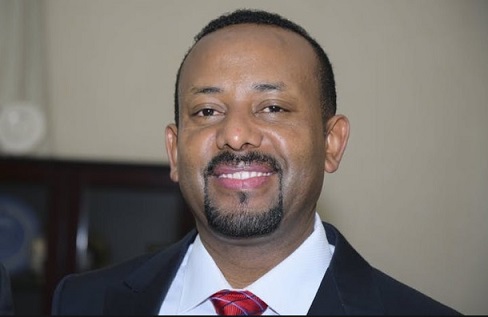Ethiopian Prime Minister Ahmed Abiy was this year’s Nobel Prize for peace winner. He has done a lot in his push for peace not only in Ethiopia but also in neighboring countries such as Sudan and Eritrea.
When he ascended into power, he released political prisoners and journalists from jail. In addition to that his regime welcomed back the people in exile. He crowned all by signing a peace deal with the neighboring Eritrea.
Ahmed is committed towards ending oppression in Ethiopia and that is a good thing for humanity. He has enabled Ethiopians to live in peace and enjoy the freedom they have always missed.
Through the story of Abiy, we are reminded that it is even possible for a single person to create change for the better.
Prime Minister Ahmed Abiy is a member of People’s Revolutionary Democratic Front. This is a coalition which overthrew the authoritarian rule of Mengistu Haile Marian back in 1991. The party has been in power since that time.
There are over 80 ethnic groups in Ethiopia. For a long time Ethiopia government was not tolerating any form of political opposition. This is why her jails were filled with journalists and political prisoners. These prisoners were tortured while in prison. Those who were lucky ran into exile.
During those years there was no press freedom. The Tigray People’s Liberation Front had a lot of power in EPRDF but Abiy who is a member of Oromo Democratic Party went into alliance with the Amhara members to clinch the chairman position and later became a PM.
Just weeks after getting into power, the new PM effectively ended media censorship and released political prisoners. He also sacked corrupt people in Ethiopian military. This positive gestures made those in exile to return home.
The Prime Minister is also a champion of gender equity. It is reported that half of Ministers are women. In fact even the Chief Justice or head of the Supreme Court is a woman.
As expected, not all Ethiopians are happy with the new changes. This is especially true for those who largely benefited from the previous arrangements.


